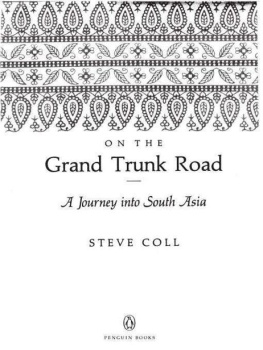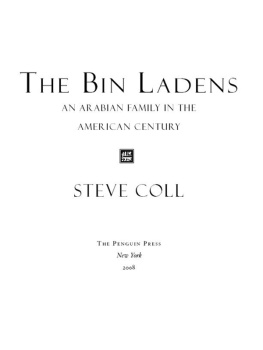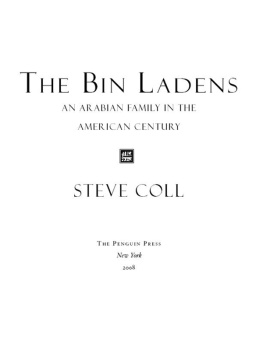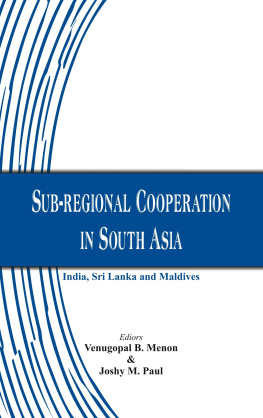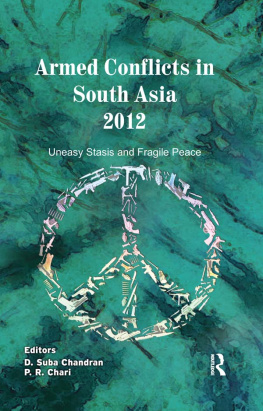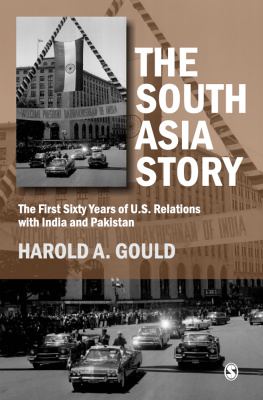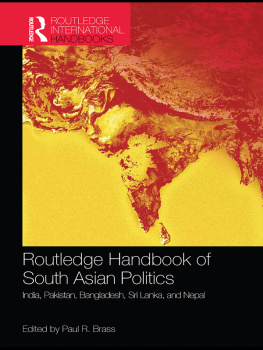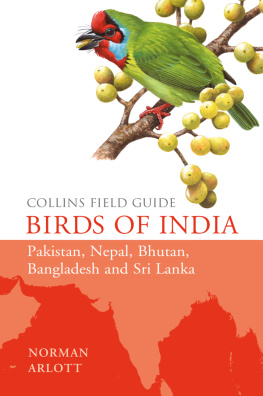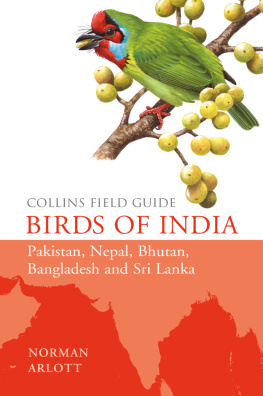Steve Coll - On the Grand Trunk Road: A Journey into South Asia
Here you can read online Steve Coll - On the Grand Trunk Road: A Journey into South Asia full text of the book (entire story) in english for free. Download pdf and epub, get meaning, cover and reviews about this ebook. year: 1993, publisher: Crown, genre: Politics. Description of the work, (preface) as well as reviews are available. Best literature library LitArk.com created for fans of good reading and offers a wide selection of genres:
Romance novel
Science fiction
Adventure
Detective
Science
History
Home and family
Prose
Art
Politics
Computer
Non-fiction
Religion
Business
Children
Humor
Choose a favorite category and find really read worthwhile books. Enjoy immersion in the world of imagination, feel the emotions of the characters or learn something new for yourself, make an fascinating discovery.
- Book:On the Grand Trunk Road: A Journey into South Asia
- Author:
- Publisher:Crown
- Genre:
- Year:1993
- Rating:3 / 5
- Favourites:Add to favourites
- Your mark:
- 60
- 1
- 2
- 3
- 4
- 5
On the Grand Trunk Road: A Journey into South Asia: summary, description and annotation
We offer to read an annotation, description, summary or preface (depends on what the author of the book "On the Grand Trunk Road: A Journey into South Asia" wrote himself). If you haven't found the necessary information about the book — write in the comments, we will try to find it.
On the Grand Trunk Road: A Journey into South Asia — read online for free the complete book (whole text) full work
Below is the text of the book, divided by pages. System saving the place of the last page read, allows you to conveniently read the book "On the Grand Trunk Road: A Journey into South Asia" online for free, without having to search again every time where you left off. Put a bookmark, and you can go to the page where you finished reading at any time.
Font size:
Interval:
Bookmark:

Published by the Penguin Group
Penguin Group (USA) Inc., 375 Hudson Street, New York, New York 10014, U.S.A.
Penguin Group (Canada), 90 Eglinton Avenue East, Suite 700, Toronto,
Ontario, Canada M4P 2Y3 (a division of Pearson Penguin Canada Inc.)
Penguin Books Ltd, 80 Strand, London WC2R oRL, England
Penguin Ireland, 25 St Stephens Green, Dublin 2, Ireland (a division of Penguin Books Ltd)
Penguin Group (Australia), 250 Camberwell Road, Camberwell,
Victoria 3124, Australia (a division of Pearson Australia Group Pty Ltd)
Penguin Books India Pvt Ltd, 11 Community Centre, Panchsheel Park, New Delhi - 100 017, India
Penguin Group (NZ), 67 Apollo Drive, Rosedale, North Shore 0632,
New Zealand (a division of Pearson New Zealand Ltd)
Penguin Books (South Africa) (Pty) Ltd, 24 Sturdee Avenue,
Rosebank, Johannesburg 2196, South Africa
80 Strand, London WC2R oRL, England
a division of Random House, Inc. 1994
This edition with a new introduction and a new epilogue
published in Penguin Books 2009
3. South AsiaEthnic relations. I. Title.
DS340.C65 1994
915.40452DC20 93-1994 24689753
without the permission of the publisher is illegal and punishable by law. Please purchase only
authorized electronic editions, and do not participate in or encourage electronic piracy
of copyrighted materials. Your support of the authors rights is appreciated.
http://us.penguingroup.com
Font size:
Interval:
Bookmark:
Similar books «On the Grand Trunk Road: A Journey into South Asia»
Look at similar books to On the Grand Trunk Road: A Journey into South Asia. We have selected literature similar in name and meaning in the hope of providing readers with more options to find new, interesting, not yet read works.
Discussion, reviews of the book On the Grand Trunk Road: A Journey into South Asia and just readers' own opinions. Leave your comments, write what you think about the work, its meaning or the main characters. Specify what exactly you liked and what you didn't like, and why you think so.

